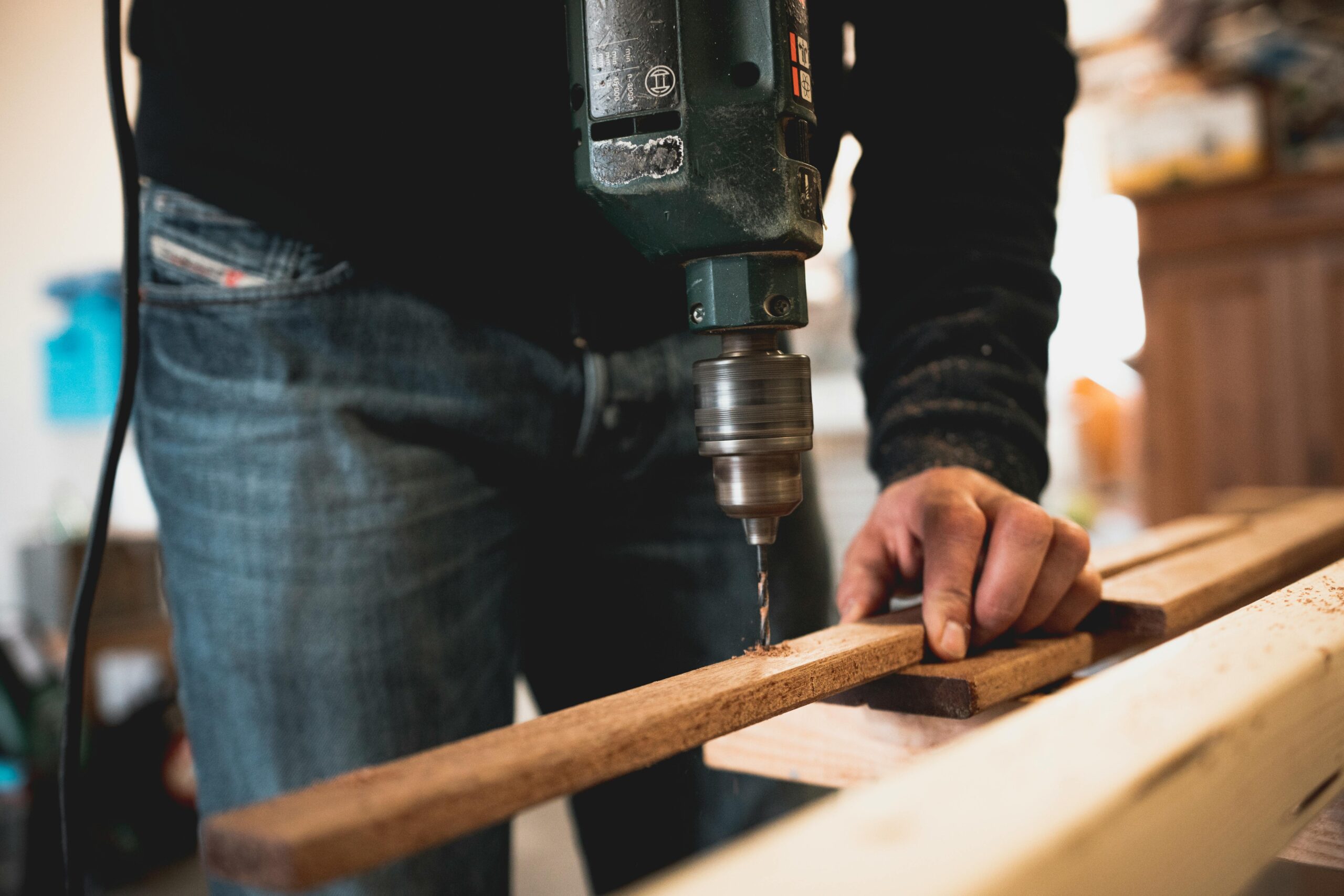Hardwood Vs Softwood: Which Is Best For Wooden Stairs?
When it comes to choosing the right wood for your staircases, the decision often boils down to hardwood vs softwood. Both types of wood have their unique characteristics, advantages, and disadvantages. In the UK, where style, tradition, and durability are paramount in home design, selecting the right type of wood for stairs is crucial. This article will delve into the specifics of hardwood and softwood, comparing them across various factors to help you make an informed decision for your stair project.
Durability and Strength
Hardwood is renowned for its incredible durability and strength. Derived from deciduous trees that grow slowly, hardwoods like oak, maple, and walnut have a dense structure, making them highly resistant to wear and tear. This inherent toughness makes hardwood an ideal choice for stairs in high-traffic areas, promising longevity and maintaining its aesthetic appeal over time.
Softwood, on the other hand, comes from coniferous trees such as pine, cedar, and spruce. These woods tend to grow faster and are generally less dense than hardwoods, which can impact their durability. However, certain types of softwoods like Southern Yellow Pine are known for their strength and can be suitable for stairs, especially in residential settings with less foot traffic.
Aesthetic Appeal
Hardwood offers a rich, varied palette of colours and intricate grain patterns, bringing warmth and elegance to any staircase. Its ability to beautifully age and develop a patina over time makes it a popular choice for those seeking a blend of tradition and luxury in their home’s interior.
Softwood, with its lighter tones and simpler grain, offers a clean and minimalist look that can complement contemporary and traditional designs alike. When stained or painted, softwood can mimic the appearance of hardwood, providing a cost-effective alternative for homeowners looking to achieve a high-end look without the hefty price tag.
Environmental Impact
The environmental implications of using hardwood versus softwood for stairs is a significant consideration. Hardwoods are slower to replenish due to their longer growth cycle, making them a less sustainable option than softwoods. However, sourcing hardwood from certified sustainable forests can mitigate this concern, ensuring that your choice contributes positively to environmental conservation.
Softwoods grow quickly and are more abundantly available, making them a more sustainable choice. Their rapid growth cycle allows for quicker replenishment, reducing the environmental impact associated with their use in staircases.
Cost Considerations
Cost is a critical factor in deciding between hardwood and softwood. Hardwood generally commands a higher price due to its superior durability, aesthetic qualities, and slower growth rate. Investing in hardwood stairs can be seen as a long-term investment in your property, potentially increasing its value.
Softwood offers a more budget-friendly option, making it accessible to a wider range of homeowners. While it may not match hardwood in terms of durability and prestige, it can still provide a functional and attractive solution for wooden stairs, especially when treated and maintained properly.
Maintenance and Care
The maintenance requirements of hardwood and softwood stairs differ. Hardwood stairs, while durable, can show scratches and require periodic refinishing to maintain their lustre. Softwood, being softer, is more prone to dents and scratches, which can necessitate more frequent repairs and refinishing to keep the stairs looking their best.
Choosing between hardwood and softwood for your stairs involves weighing factors such as durability, aesthetic appeal, environmental impact, cost, and maintenance. Hardwood stands out for its unmatched durability and classic beauty, making it ideal for those prioritising longevity and style. Softwood, with its cost-effectiveness and lighter environmental footprint, offers a practical solution for those on a budget or preferring a minimalist aesthetic. Ultimately, the best choice depends on your specific needs, preferences, and values.
Why not check out our online staircase builder?





